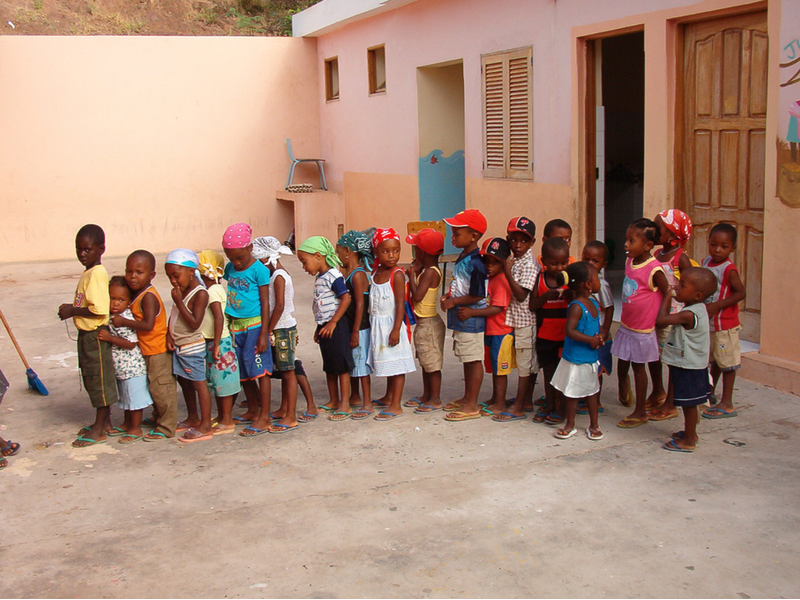(DuncanCV, CC BY-SA 2.0 , via Wikimedia Commons )
On July 5th, 1975, this bundle of West African islands, also known as Cabo Verde, gained independence from the Portuguese. We are honoring the country by exploring the country’s creole culture and ‘Morna’ music genre.
Cape Verde is located off the coast of Senegal and has a creolized culture, mixed with African and European influences. Although Portuguese is the official language of the country, most of the inhabitants speak an African and European-based Creole or Kriolu language. Today, more than 70% of the population is mixed race.

(Cape Verdean woman. Image by F Mira via Flickr )
In 1462, when Portuguese conquistadors arrived on what is now known as Cape Verde, they faced external threats, mostly through pirates who sailed to the island. They continued their mission of carving pathways from Europe to Africa, and used Cape Verde as a site to sell items like firearms, cloth, and rum for slaves and precious minerals. During the TransAtlantic Slave Trade, many enslaved Africans were sent to Brazil and other places in the new world.
Droughts that have struck the country since 1747, have been a major cause of famine, and have claimed the lives of over 100,000 people. This caused waves of mass migration of Verdeans to places like Providence, Nantucket, and Boston. Amber Rose, the Philly-bred model, is of Cape Verdean descent. Other well-known people of Verdan descent include singer Blu Cantrell, radio personality ‘Pebbles’, and singer Elle Varner.

(Praia de Cruz, Cape Verde. Ximonic (Simo Räsänen), CC BY-SA 4.0, via Wikimedia Commons )
Morna is an art form that was birthed out of the horrific conditions of slavery, serves as a reminder of the strength of Cape Verdean ancestors, and stands as a testimony of resilience. With 18th century origins, this music form was initially a vehicle for enslaved West African women to chronicle everyday life affairs and gradually transitioned to a melancholic music form that combines the elements of poetry, dance, and melody.
Listen to the emotional and deeply meaningful sounds of Morna here.
Works Cited
https://www.britannica.com/place/Cabo-Verde/Cultural-life#ref281269
https://www.capeverde.co.uk/guide/history-and-language
https://www.aljazeera.com/features/2021/5/23/morna-the-music-of-displacement-and-return
https://borgenproject.org/hunger-in-cabo-verde/
https://edition.cnn.com/travel/article/cape-verde-slave-archeology/index.html





